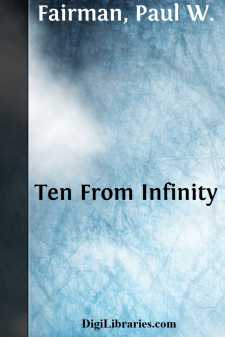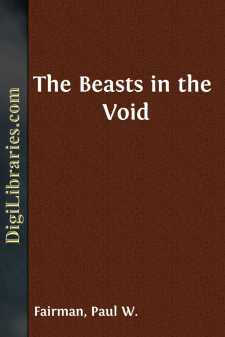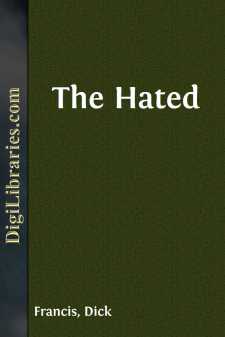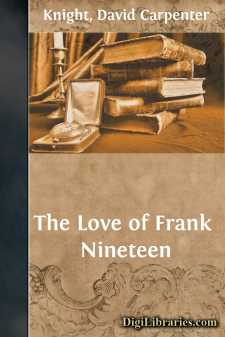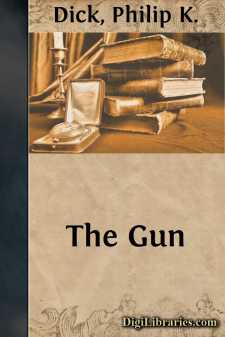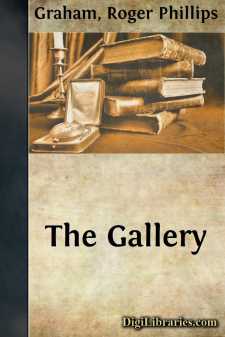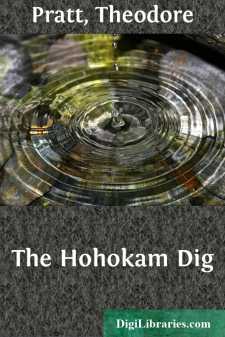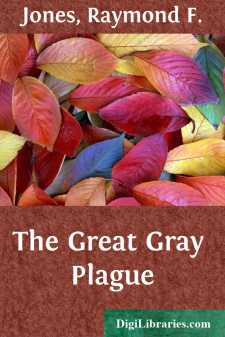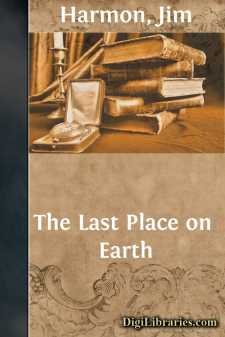Categories
- Antiques & Collectibles 13
- Architecture 36
- Art 48
- Bibles 22
- Biography & Autobiography 813
- Body, Mind & Spirit 142
- Business & Economics 28
- Children's Books 15
- Children's Fiction 12
- Computers 4
- Cooking 94
- Crafts & Hobbies 4
- Drama 346
- Education 46
- Family & Relationships 57
- Fiction 11828
- Games 19
- Gardening 17
- Health & Fitness 34
- History 1377
- House & Home 1
- Humor 147
- Juvenile Fiction 1873
- Juvenile Nonfiction 202
- Language Arts & Disciplines 88
- Law 16
- Literary Collections 686
- Literary Criticism 179
- Mathematics 13
- Medical 41
- Music 40
- Nature 179
- Non-Classifiable 1768
- Performing Arts 7
- Periodicals 1453
- Philosophy 64
- Photography 2
- Poetry 896
- Political Science 203
- Psychology 42
- Reference 154
- Religion 513
- Science 126
- Self-Help 84
- Social Science 81
- Sports & Recreation 34
- Study Aids 3
- Technology & Engineering 59
- Transportation 23
- Travel 463
- True Crime 29
Ten From Infinity
by: Paul W. Fairman
Categories:
Description:
Excerpt
It began when a pedestrian got hit by a cab at the corner of 59th Street and Park Avenue, Manhattan, New York City, U.S.A. No doubt it was the first motor mishap in the history of creation that reached out among the stars.
The pedestrian was walking south on Park Avenue, toward Grand Central Station. He was looking at the upper skeleton of the vast new Pan Am Building which blocked out the sky in that direction. But he should have been watching traffic because a yellow cab tagged him neatly and knocked him across the walk into a clump of pigeons that scattered upward in all directions.
The cab driver swore. Citizenry gathered. An alert free-lance news photographer who happened to be passing took the most important shot of his career. After a while, the ambulance came and the dazed pedestrian was pointed toward the nearest emergency ward, which happened to be in the Park Hill Hospital.
The pigeons settled back. The curious went their different ways.
And far out in space, among the yellow pinpoints we call stars, a signal was registered. The signal was of grave import to those who received it.
The signal said, Something has gone wrong.
From the springboard of this incident, there emerged several occurrences of note. The first in sequence took place in the Park Hill Hospital. The time of that particular ambulance's arrival was 11:15 p.m. At that hour the harvest of violence in Manhattan was being delivered to its logical granaries in the form of broken heads, slashed bodies, and dazed, shock-strained eyes. The examining rooms at Park Hill were full, and some cases of lesser import were waiting on stretchers and benches in the corridors.
That was where the pedestrian waited. Unlike others, he was very patient. He seemed to understand that this sort of thing took time; or perhaps he didn't. At any rate, he lay staring up at the ceiling, unmoving, seemingly uncaring, until an intern named Frank Corson stopped beside his stretcher and looked down at him in moody-eyed weariness. Then Corson managed a smile.
"Sorry about the service, mister. Full house tonight."
"That's quite all—right."
Corson touched the broken leg. "I can give you a shot if the pain's hitting too hard."
"It does not—pain."
"Stout fellow." Frank Corson probed with fingers that were growing more expert day by day. "Good clean break. Not swelling, either." He touched the patient's wrist, then put a stethoscope to his chest.
Actually, he was thinking of a different chest and different legs at the time—the ones belonging to a copper-haired girl named Rhoda Kane. Rhoda's legs were far more alluring. Her chest had added equipment that was a haven of rest under trying circumstances, and Corson yearned for midnight when he would quit this charnel house and climb into Rhoda's convertible and—perhaps later—do a little chest analysis without benefit of stethoscope.
Now he sighed, commandeered a passing orderly, and went to work.
Twenty minutes later he saw his patient deposited in a ten-bed ward. He transcribed his data onto the clipboard at the foot of the bed, and looked guiltily into the hall to see how things were going. He felt guilty because he was tempted to dog it. And he did. He headed for the locker room where he punched a cup of coffee out of the machine and thought some more about Rhoda's legs....


